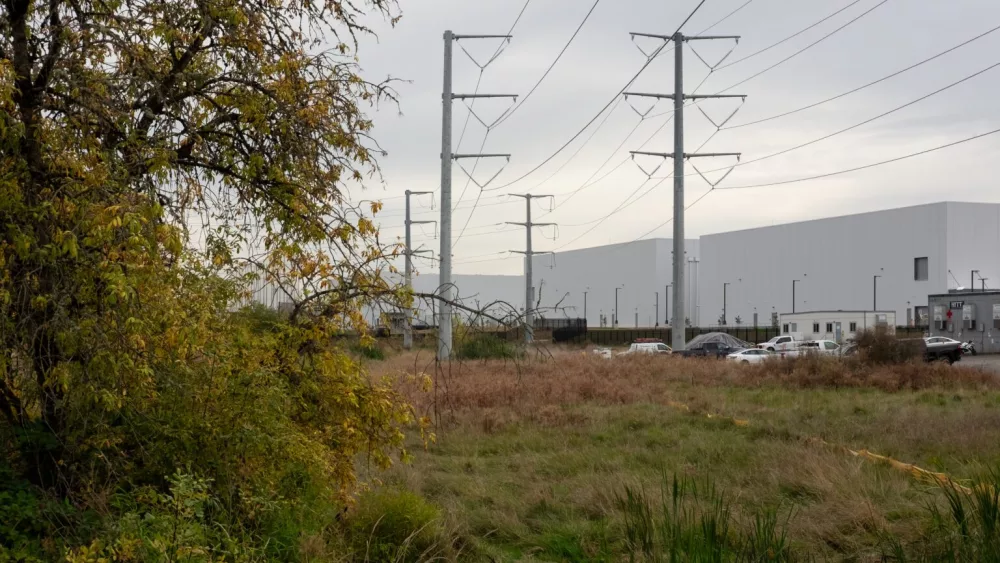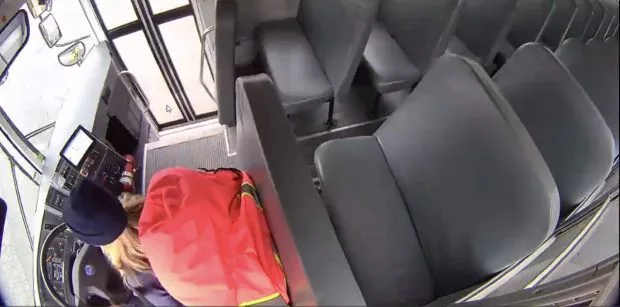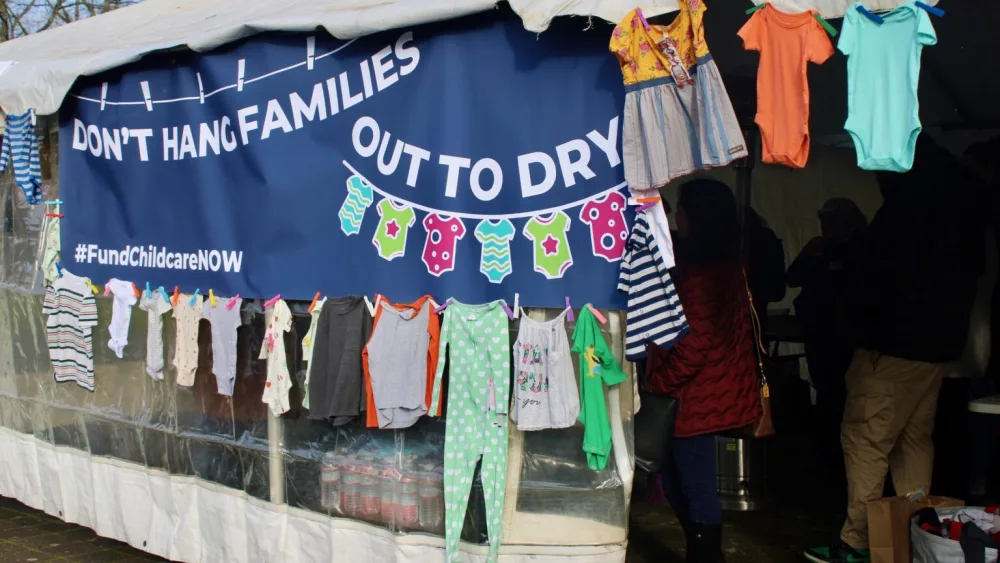OLYMPIA, WA – To California Democratic state Sen. David Cortese, the idea of gaining Republican support for a bill to provide cash to certain residents would have seemed impossible just a few years ago.
But his proposed legislation to offer $1,000 per month to homeless youth has so far received bipartisan support in the state Senate.
“It’s being embraced,” said Cortese. “This was not even considered possible five years ago.”
Cortese is among more than 20 Democratic lawmakers from 17 states launching Legislators for a Guaranteed Income on Tuesday to advocate for programs that provide direct, regular cash payments to lower-income residents to help alleviate poverty. They join a network of more than 245 mayors and county officials who have pursued dozens of basic income pilot projects across the country.
Washington state House Speaker Laurie Jinkins, D-Tacoma, and Washington state Senator T’wina Nobles, D-Fircrest, are among the founding members of the state lawmaker group.
The lawmakers want to see states play a larger role in guaranteed income programs, which aim to help residents in need by handing out no-strings-attached cash.
The concept of basic income programs took off following a 2019 experiment in Stockton, California. There, 125 individuals received $500 per month for two years, which researchers found improved their financial stability and health.
Michael Tubbs, the former Democratic mayor of Stockton and current executive chairman of Mayors for a Guaranteed Income, said these kinds of efforts are more important now as economic uncertainty and high prices squeeze the most vulnerable people.
“The work around guaranteed income is moving from cities and counties to states,” he said. “We’re going to be organizing state officials across the country who see what we all see: that affordability is an issue, that the Trump tariffs and gross mismanagement of the economy has made the problem even worse.”
While the concept has gained traction across the country, Republican state lawmakers have pushed bills to ban basic income programs, arguing they disincentivize work.
Last year, then-state Sen. John Wiik sponsored successful legislation banning South Dakota localities from launching basic income programs. At the time, the Republican said he was worried about people growing dependent upon the government.
“So, if you get people addicted to just getting a check from the government, it’s going to be really hard to take that away,” he told Stateline.
Legislators for a Guaranteed Income says its 23 members have so far introduced 25 bills across 11 states.
Those include Cortese’s proposed legislation in California to create a new program to help homeless youth transition out of high school.
Eligible students would receive four monthly payments of $1,000 each beginning in May. That bill, expected to cost $40 million to $50 million, has passed through two state Senate committees.
Cortese previously advocated for a 2023 California program that was the nation’s first state-funded pilot of a basic income program targeting former foster youth. He pointed to research showing basic income programs supplement, rather than replace, the need for work. And he said growing these programs can eventually reduce costs for other social safety net programs.
“I’m so pleased to see the proliferation that we’ve seen so far,” he said. “I think that it will become ubiquitous as a way of doing things and that’s going to outlast me and my career.”
In Pennsylvania, Democratic state Rep. Malcolm Kenyatta said he’s still exploring details on legislation for a basic income program there.
He said pilot projects across the country have proven that people pay rent, buy groceries and invest in small businesses when they have more financial freedom.
“So, this isn’t really some big experiment,” he said. “It is a proven way to reduce poverty, improve health care, boost our local economies and really get a real return on that investment.”
Kenyatta said so-called trickle-down policies that aim to boost business interests and high earners have failed many ordinary people.
“But basic income really flips that equation on its head,” he said. “It’s not about charity. It’s about power, and about giving people the power and the resources to breathe.”
Stateline reporter Kevin Hardy can be reached at khardy@stateline.org.
This article was first published by Stateline, part of States Newsroom, a nonprofit news network supported by grants and a coalition of donors as a 501c(3) public charity. Stateline maintains editorial independence. Contact Editor Scott S. Greenberger for questions: info@stateline.org.
Washington State Standard is part of States Newsroom, a nonprofit news network supported by grants and a coalition of donors as a 501c(3) public charity. Washington State Standard maintains editorial independence. Contact Editor Bill Lucia for questions: info@washingtonstatestandard.com.





